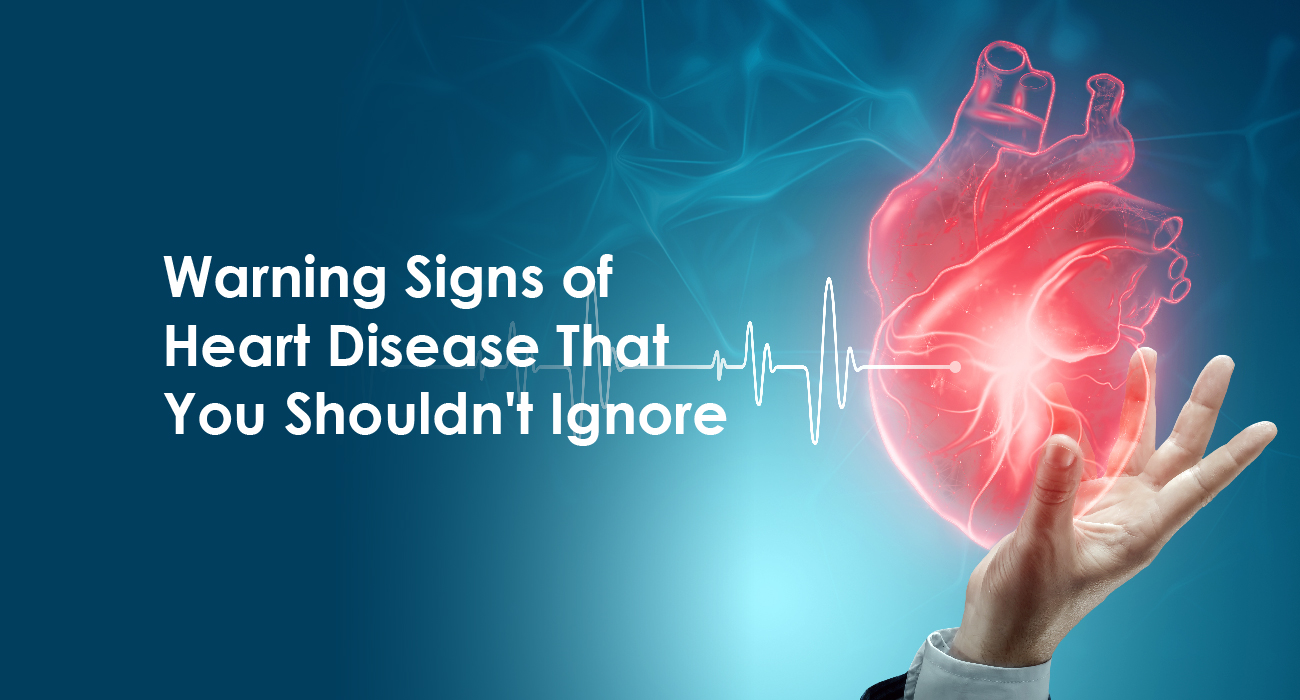06/14/2022
Heart attacks often don’t come with warning bells or with unbearable pain in your chest. Sometimes it may not be painful at all, i.e., much different from the situations that we see in movies. This can create confusion, and you might not even realize that you’re having an attack. That’s why here we’ve discussed a few common warning signs your body shows before an attack. Our experts practicing in the Cardiac hospital in Jaipur, have helped us to get a brief on the same. Keep reading to learn more.
Understanding the silent Heart Attack:
A quiet heart attack is the same as any other — and just as dangerous. Your heart requires oxygen-rich blood to function properly. Plaque (a mixture of fat, cholesterol, and other chemicals) can clog the arteries that deliver blood to the heart, cutting down on blood flow significantly or completely.
The longer your heart is without blood flow, the more damage it sustains. Because silent heart attacks might go undiscovered, they can cause considerable harm. And if not treated, they can be fatal.
Warning signs that you shouldn’t ignore:
As suggested by the best cardiologist in Jaipur, the following are the symptoms of a heart attack that you should watch for:
- Chest Pain- This is the most common symptom of a cardiac condition. If your artery is clogged and you have a heart attack, you may feel discomfort or a squeezing and crushing sensation in your chest. It is described differently by each person, ranging from the sensation of a heavy object on the chest to burning pain.
The discomfort may last for a few minutes and can occur when you are lying down or exercising. If the discomfort is only temporary and intensifies with pressure, it is unlikely to be caused by the heart.
- Throat or Jaw Pain: Pain can be felt in places other than the site of injury. This is what is known as "referred pain." Some people who have a heart attack may have neck, throat, or jaw pain in addition to or instead of chest pain.
- Stomach Upset: An upset stomach, which can cause discomfort, vomiting, or acidity, is a less common heart-related symptom than chest pain. Because these symptoms are commonly linked with the flu or a stomach virus, they are often disregarded in the context of a heart condition.
However, if you believe that your recent meal should not have caused these symptoms, you should seek medical assistance to confirm that you are not suffering from a heart attack.
- Pain in the Windpipe: Pain in the throat and mouth is not a symptom of cardiac disease on its own. It is frequently caused by a cold or a sinus obstruction. However, if you experience chest pain that spreads to your throat and lips, this could be an indication of a heart attack. You should get medical attention to determine the cause.
- Swelling of Lower Limbs: When your heart does not correctly supply blood, your legs, ankles, and feet may get swollen. Bloating could be caused by irregular blood flow in the veins.
- Erratic Heartbeat: When you are thrilled, it is normal for your heart to speed up or miss a beat. If your heart skips a beat for more than a few seconds, or if it happens regularly and is accompanied by dizzy episodes, you should see a Cardiac doctor.
- Difficulty Breathing: If you feel like you've just raced a marathon but simply walked up the stairs, it could be an indication that your heart isn't pumping blood to the rest of your body. Shortness of breath, which can occur with or without chest discomfort, is a common symptom of a silent heart attack.
- Cold Sweat and Nauseous feelings: A chilly sweat, nausea, and vomiting may be symptoms of the flu, but they can also be symptoms of a silent heart attack.
You may be familiar with how the flu feels since you've had one before, but if your intuition is telling you that these flu-like symptoms are a sign of something more serious, pay attention. Don't dismiss these symptoms as the flu, stress, or simply being sick — they could be much more dangerous.
If you or your loved ones are suffering from any of these above-mentioned symptoms, then get them checked. Proper diagnosis at the right time can save a life. For getting a second opinion, consult our heart experts from the best hospital in Jaipur.

